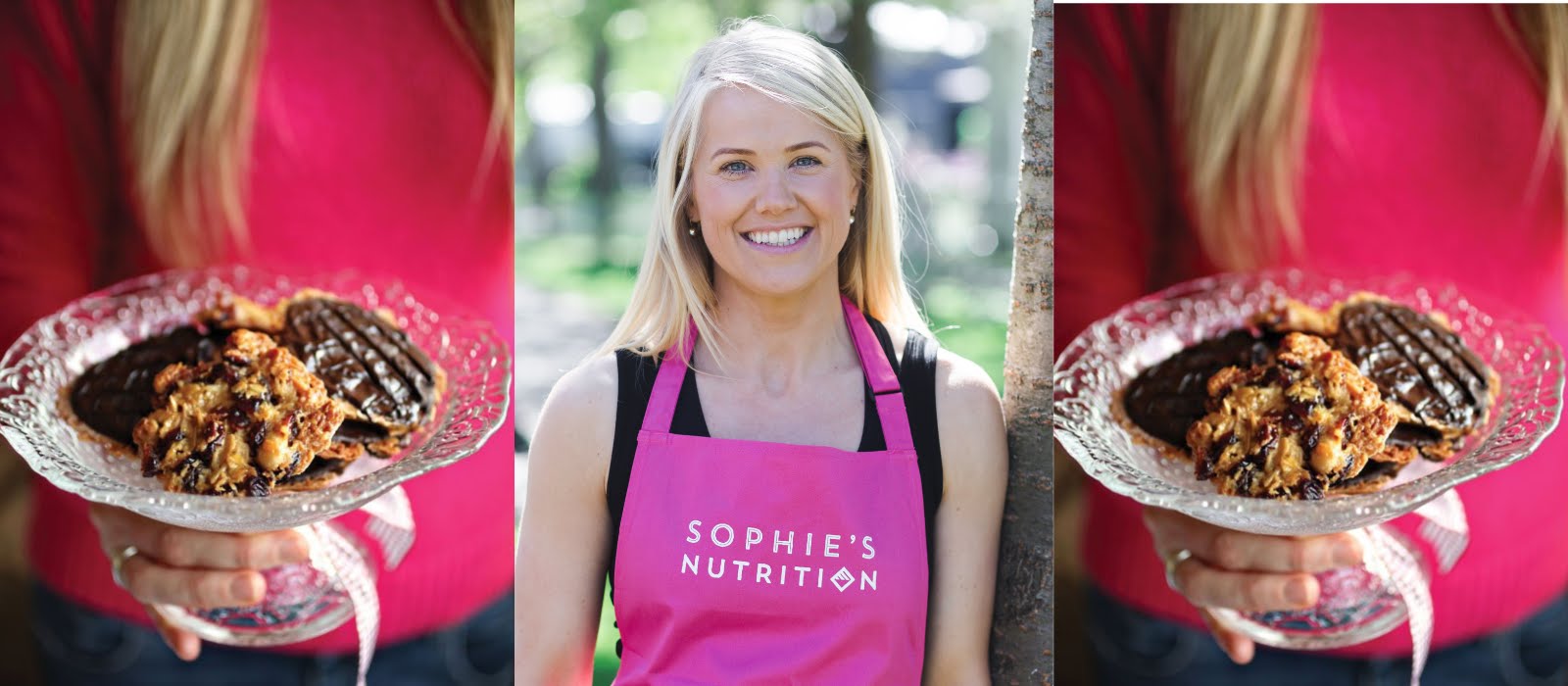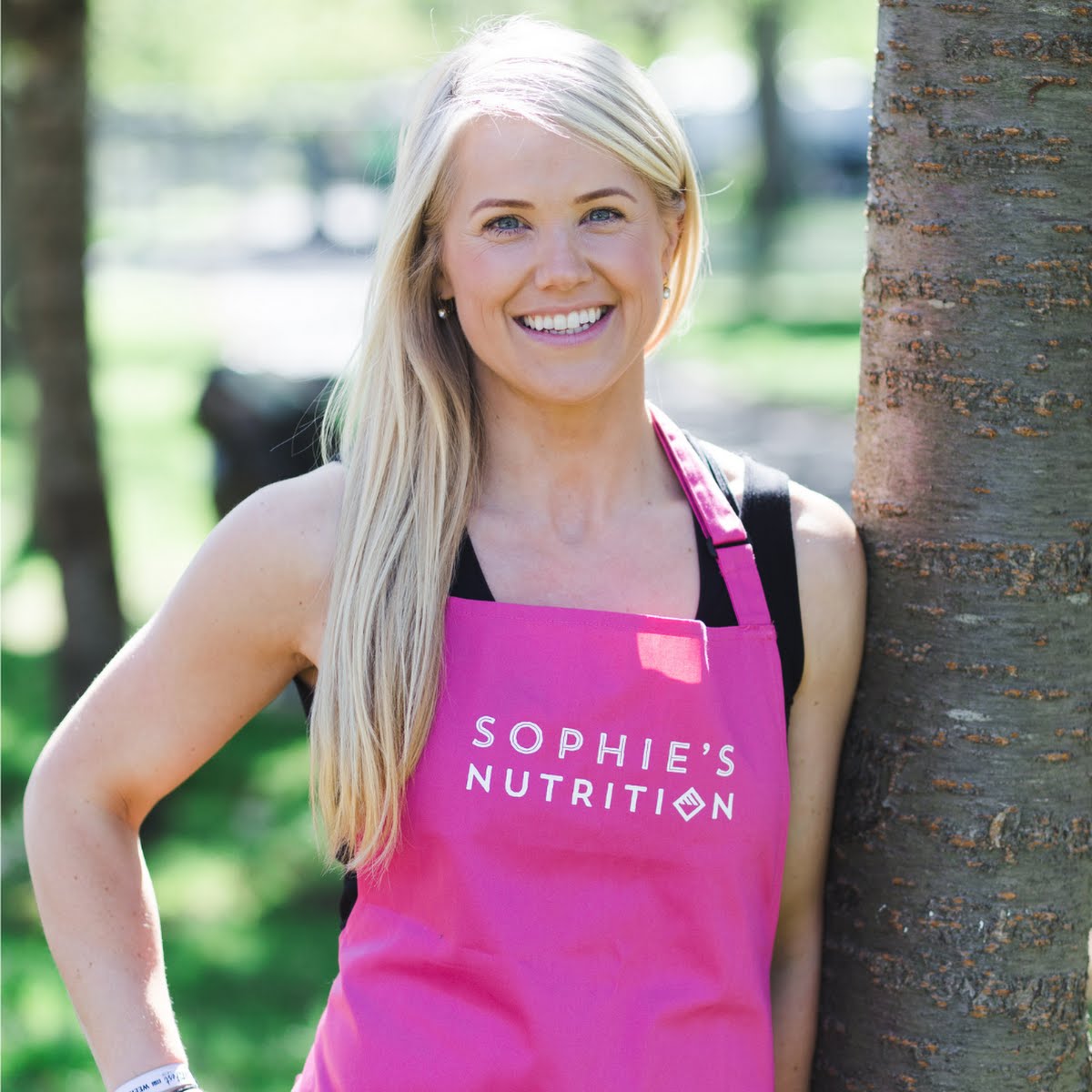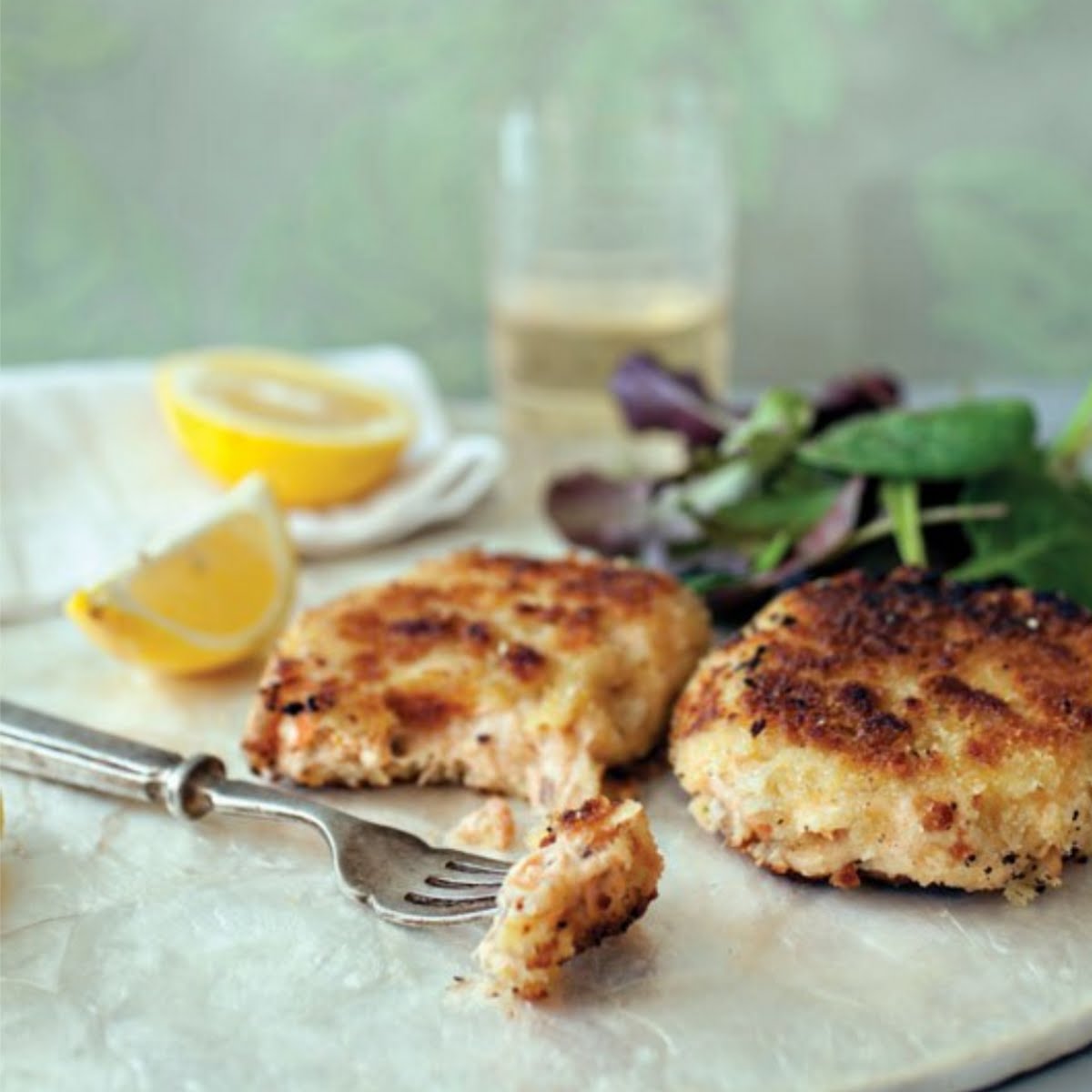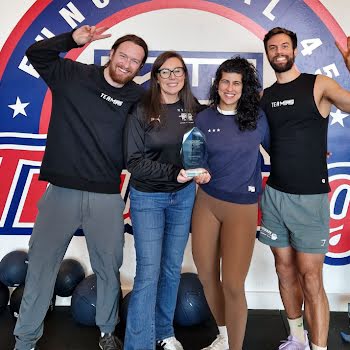
Everything you need to know about nutrition and hormone health, from an expert
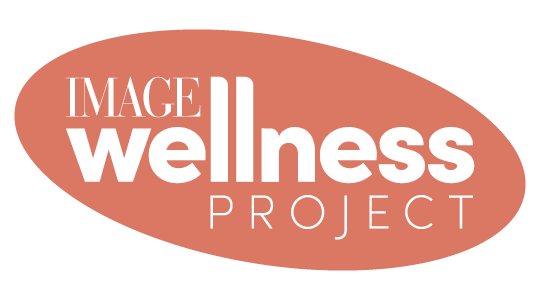

From how to squash sugar cravings during our periods, to how to manage weight gain during perimenopause, nutritionist and women's hormone health expert Sophie Morris gives us all the answers.
What inspired you to start focussing on female hormone health? How does your experience as a nutritionist give you a unique perspective on this topic?
I started focusing on female hormone health due to my own experience with my hormones. After having my first son I struggled really badly with PMS, it was much worse than I’d ever experienced pre-kids. The week before my period I would feel extremely down and hopeless. I also noticed around ovulation I would get really irritable and impatient. I went to a few different GPs for help and was just fobbed off – I was told that this is common and they suggested I go on the pill or take anti-anxiety tablets.
However, it was a red flag to me that they didn’t ask how I was eating, how I was sleeping, if I was exercising or what was happening throughout my menstrual cycle. As a nutritionist, it just didn’t sit right with me that they suggested the option of medication without first going through these things with me. I knew deep down I wasn’t looking after myself and I just felt in my gut that there was something off with my hormones that I could try fix with the knowledge I had in nutrition & lifestyle changes.
So I studied women’s sex hormones & went back over my nutrition studies which had covered nutrition for hormones. And I started to make lifestyle and nutrition changes that supported my hormonal changes throughout the month. For the first time in my life I started to understand what it meant to live according to my cycle, eat according to my cycle & exercise according to my cycle because we were never taught about what our monthly hormonal fluctuations truly meant outside of getting pregnant or not getting pregnant!
Living this way changed everything for me, it was a complete revelation! I then just knew I wanted to make this area my life work as I truly believe we have been so let down as women not being educated on this huge part of our physiology and it is time to change that for the next generation of women.
I’ve heard many similar stories to mine from clients where the only option given to them by GPs was to go on anti-anxiety tablets or the pill. To me this is not good enough, the research is there! We know that nutrition, stress levels, sleep, physical activity and overall lifestyle play a crucial role in the health of our hormones, and we can make a real impact on PMS or perimenopausal symptoms by making lifestyle and nutrition changes.
So now I’m on a mission to teach as many women as I possibly can about how to support their hormones to feel happier, more energised, less tired, no more PMS and reduce perimenopausal symptoms so they can thrive.
What role does hormone health play in women’s overall health and well-being?
Hormone health plays a huge role in women’s lives. We are not the same biochemical creatures as men. Because of our hormonal fluctuations, we’re not even the same creatures from day to day ourselves; we are hormonally different every single day.
For men, testosterone comes in every 15 minutes over 24 hours and it’s the same every single day! For women, we have a monthly ebb and flow of three major sex hormones – oestrogen, progesterone and testosterone – which are changing every day and impact our mood, our stress resilience, our metabolism, our insulin sensitivity, our productivity… the list goes on.
Let’s look at just oestrogen for example. There are three forms of oestrogen and estradiol is the major, most powerful form of oestrogen that’s been coming into a woman’s body since the day she got her first period. There are receptor sites for estradiol on every major organ in the body: your skin, bones, teeth, hair, kidneys, heart, lungs, and brain. Estradiol has a part to play in activating all these processes in your body. And so when oestrogen starts to decline in perimenopause then you’re suddenly losing this hormone which was helping every system in your body, and so every system can start to have issues. This is why supporting the natural production of our hormones as much as we can through nutrition and lifestyle is so important to our overall health and well-being.

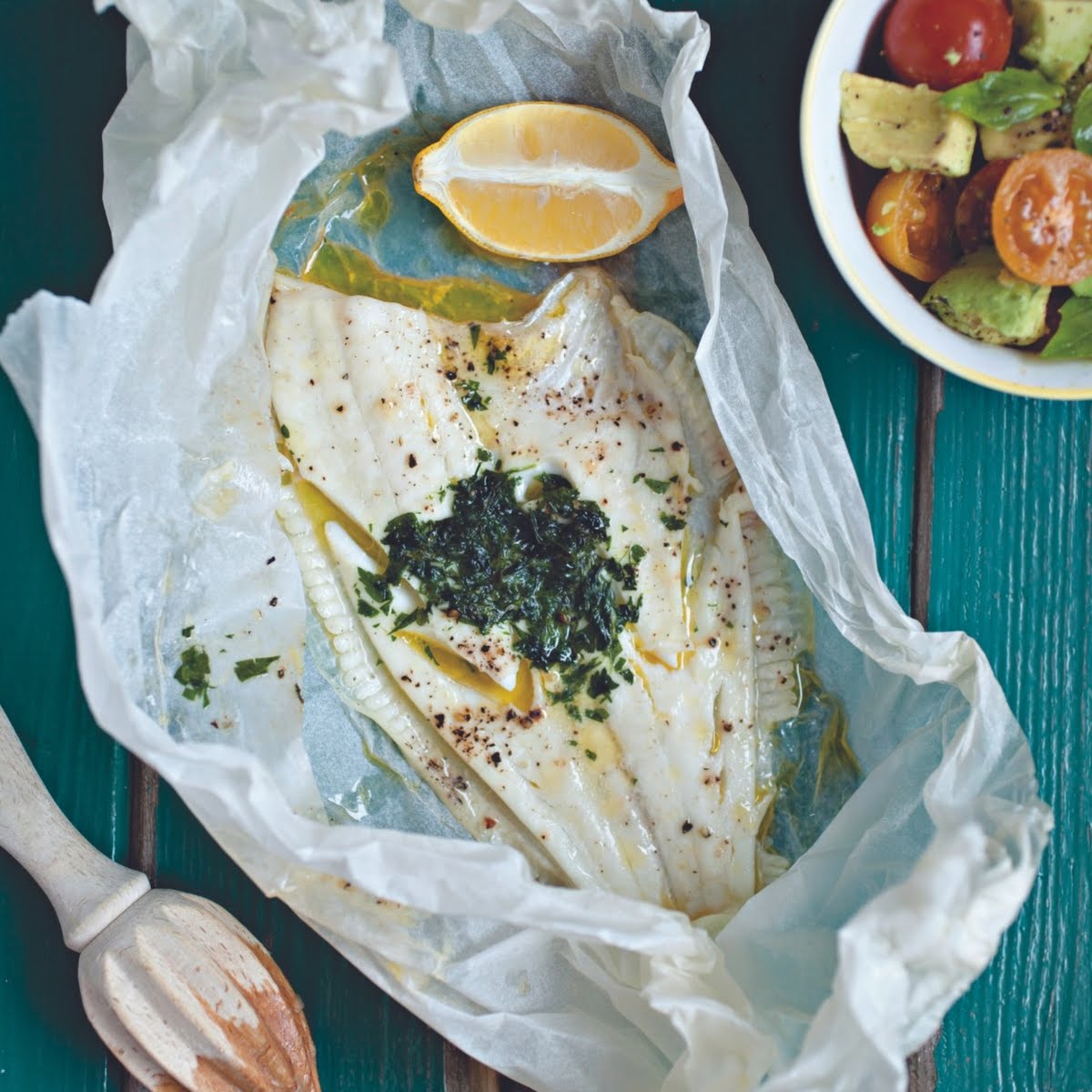
How do I know if I have a hormone imbalance? Does this vary by age/ life stage?
A staggering nearly 80% of women will suffer from hormonal imbalances in their life. This means that the delicate balance between oestrogen, progesterone and testosterone in our menstrual cycle is off. Symptoms of imbalanced hormones include:
- PMS or PMDD
- Weight Gain
- Mood swings
- Irritability
- Strong cravings
- Very painful periods
- Irregular periods
- Hormonal acne
- Anxiety
- Overwhelm
- Bloating or other gut issues
- Energy crashes
- Fatigue
When a woman gets into perimenopause (starting any time from 35 but most likely starting in her 40s), her sex hormones start to decline over approximately 10 years. So, we start to experience perimenopausal symptoms due to these hormones declining. Perimenopausal symptoms include all of the above and more such as:
- Dry skin
- Itchy skin
- Hair loss
- Weight gain especially belly fat
- Brain fog
- Trouble sleeping
- Hot flashes and night sweats
- Mood changes
- Anxiety and depression
- Muscle aches and pains
- Frozen shoulder
- Gut Issues
Can foods really help balance female hormones? How?
Yes, absolutely! Diet can have a real impact on your hormonal function. As your ovaries and uterus engage in distinct functions each week of your cycle, your nutrient needs vary. We should be eating foods that support the natural production of either oestrogen or progesterone at different times of the month depending on where we’re at in our cycle. In my Hormone Hero programme, we go through phase-specific foods where foods are included at different times of the month based on their ability to support oestrogen production, metabolise oestrogen, support progesterone production, support the gut, and balance blood sugar levels.
For example in the second half of our cycle progesterone comes in and builds before our period. Progesterone is highly influenced by our food choices. Our body needs our blood sugar to be higher to make progesterone. That is why it’s common to crave carbs the week before our period! I know we can crave things like cookies and ice cream but if we reach for these processed carbs they can actually exacerbate PMS symptoms. There is lots of research now that shows that the chemicals in highly processed foods can disrupt our hormones.
So what we want to choose is natural carbs as opposed to processed carbs to nourish progesterone in this week before our period. If we were following a low-carb or keto diet however during this part of our cycle then progesterone may not get to the levels it needs to and then we have an imbalance of hormones.
What diet would you recommend for someone who is always fatigued? For someone who has PMS?
This is a tricky one to answer without learning more about the person’s diet or lifestyle but for someone who is always fatigued, we would need to look at their gut health first and foremost because if they are fatigued all the time and not just low energy at certain stages of the month even after getting enough sleep, then it can be a sign of an unhealthy gut affecting nutrient absorption and energy production. Essentially the nutrients from your food aren’t getting absorbed properly which in turn makes you very fatigued. Therefore, I would check their fibre intake and gradually work up to 30g of fibre per day if it is much less than that currently. I would also introduce probiotic and prebiotic-rich foods and a big one is I would make sure they are limiting ultra-processed foods and foods high in refined sugars which are known to negatively impact the gut microbiome. Lastly, I would ensure they are getting 30g of protein in every meal as a lack of protein can be another reason for low energy and fatigue.
For someone who has PMS, I would focus on foods that support the production of progesterone in the late luteal phase (from around 10 days before your period up until your period). I would recommend nature’s carbohydrates like root vegetables, quinoa and rice; foods high in vitamin B6 like eggs, meat, fish, beans, sweet potato, and bananas; zinc-rich foods like lean red meat and lentils; vitamin C-rich foods like fruits and some veg like broccoli and peppers; and lastly magnesium-rich foods like nuts, seeds, legumes, avocado, and dark chocolate.
Do you recommend seeing a nutritionist or taking food supplements to help restore balance?
I would always say look to your nutrition first and foremost. Food supplements can give an added small benefit but they are not going to be a magic pill. Nutrition is the first thing we should go to to help our hormones if we’re struggling. There is research out there if you are willing to dig into it yourself, or going to a nutritionist is a good idea, but just make sure the nutritionist you choose focuses on women’s hormone health.
What’s your advice for managing sugar cravings in the lead-up to our periods?
To manage sugar cravings in the lead-up to your period, nourish your body with nature’s carbohydrates and limit ultra-processed foods. Also, start the day with a high protein savoury breakfast – this stabilises blood sugar levels at the start of the day and will reduce energy crashes and sugar cravings later in the day.
How can we manage weight gain during perimenopause and other hormonal life stages?
When a woman gains weight during perimenopause and has changed nothing else in terms of what she eats or exercises then it is most likely due to declining oestrogen levels. When oestrogen declines in perimenopause we become more insulin resistant, which essentially means that insulin’s job of taking the glucose from food and moving it into our cells so we can use it as energy stops being as efficient as it used to. That whole system stops working properly, so you can’t get either glucose or insulin into the cell to be used as energy but your body has to store it somewhere so it stores it as fat.
What we can do to help this is focus on building muscle – this is key in perimenopause because the more muscle you have the more insulin receptors you have. Insulin receptors are basically those places all around our body where we can store insulin so having more muscle can help offset the effect of declining oestrogen in terms of gaining fat. So we want to make sure we’re getting adequate protein. So many women do not get enough protein, especially in perimenopause. We want to aim for at least 30g of protein per meal, and then we want to focus on strength training workouts to build muscle.
Another thing that becomes important in perimenopause to combat weight gain is the timing of dinner. Insulin and melatonin (our sleep hormone) work inversely. When our melatonin goes up in the evening, we become more insulin resistant and when melatonin shuts off in the morning your insulin sensitivity is restored. And, as we are already more insulin resistant due to declining oestrogen in perimenopause, what this means is that if we eat dinner late in the evening then our body won’t be able to process the glucose from that food as efficiently and it is more likely to be stored as fat. A simple habit change of eating dinner earlier (ideally in daylight hours) allows us to have better insulin sensitivity creating a better glucose response.
The IMAGE Wellness Project is powered by Meaghers Pharmacy and in association with Activia, its4women, Irish Life Health, KIND and Pestle & Mortar. Visit our Wellness Hub to download your valuable workbook and to follow weekly updates including interviews, videos and podcast episodes with our leading wellbeing experts.











